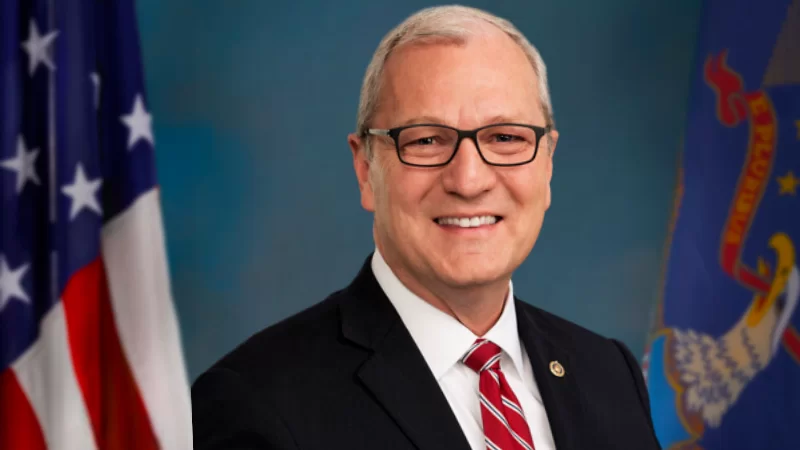Senator Kevin Cramer, US Senator for North Dakota | Senator Kevin Cramer Official website
Senator Kevin Cramer, US Senator for North Dakota | Senator Kevin Cramer Official website
U.S. Senator Kevin Cramer (R-ND) and Ranking Member of the Senate Banking Committee U.S. Senator Tim Scott (R-SC) have introduced a Congressional Review Act (CRA) resolution of disapproval regarding the Consumer Financial Protection Bureau's (CFPB) final rule on credit card penalties. The rule, set to go into effect on May 14, 2024, aims to cap late fees at $8, down from $32, a move that has sparked concerns among various organizations and lawmakers.
Cramer expressed his opposition to the CFPB's rule, stating, "The Bureau’s misguided rule is a political ploy with long-term negative impacts. These changes will encourage frivolous spending, which will hurt their credit score and lessen their access to capital and credit services." He added, "It encourages fiscal irresponsibility at a time when consumers are already being hurt by the inflation caused by overspending. This rule should be stopped."
Senator Scott also criticized the rule, highlighting its potential negative effects on consumers. "Lawful and contractually agreed upon payment incentives promote financial discipline and responsibility, and this rule shows that the CFPB is more focused on scoring political talking points than policies that protect consumers," Scott remarked.
The opposition to the CFPB's rule is not limited to lawmakers. The rule has garnered criticism from various organizations, including the Consumer Bankers Association, America’s Credit Unions, Independent Community Bankers of America, Bank Policy Institute, American Bankers Association, Americans for Tax Reform, Competitive Enterprise Institute, and U.S. Chamber of Commerce.
In addition to the resolution of disapproval, Senator Cramer had previously joined several Republican members on the Senate Banking Committee in a letter to CFPB Director Rohit Chopra, urging the Bureau to rescind the rule. The American Bankers Association, along with other chambers of commerce and business associations, has taken legal action against the CFPB's rule, with the U.S. Chamber of Commerce stating that the Bureau "exceeded its authority" and that the rule "punishes Americans who pay their credit card bills on time by forcing them to pay for those who don’t."
The Bank Policy Institute criticized the CFPB's regulatory actions, describing the rule as a "prime example of how the CFPB has been politicized, and how its regulatory actions promote rhetoric over analysis and data."
The introduction of the CRA resolution and the ongoing opposition from various stakeholders indicate a growing concern over the implications of the CFPB's final rule on credit card late penalties.






 Alerts Sign-up
Alerts Sign-up